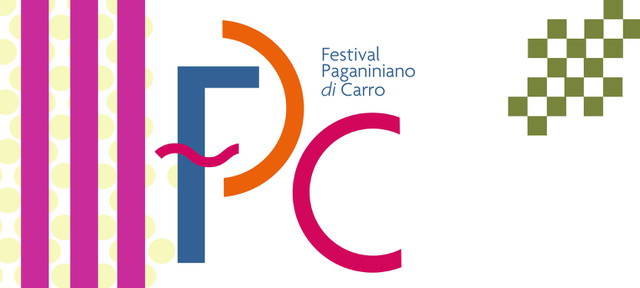Fresh Ideas Against Food Waste – Paganini Non Ripete 286
In the Italian Senate, I presented concrete proposals to reduce food waste and loss. Not just regulations, but also incentives, technology, and a new culture of responsible consumption. Here are the ideas that can truly make a difference in our future.
Fresh Ideas Against Food Waste
I participated in a Senate hearing, providing an analysis of three legislative bills focused on reducing food waste and loss. This was a valuable opportunity to offer practical and innovative solutions that, beyond reducing waste, promote responsible resource management across the entire food supply chain, from farm to table.
WHY IS THIS IMPORTANT? Food waste and food loss are distinct but interconnected challenges. Waste refers to food left uneaten by consumers, while loss occurs along the supply chain, often due to suboptimal technologies and practices.
Reducing both forms of waste is not only an ethical choice but also an economic and environmental necessity. It saves resources, cuts costs, and minimizes environmental impact. Italy has extraordinary potential to lead in this area by adopting advanced practices and technologies that contribute to sustainability.
All the figures on food waste can be found on Competere’s website.
READ IT AGAIN: PNR 285 – MADE IN ITALY VS FAST FOLLOWERS
KEY PROPOSALS Here are some key proposals. The full list of suggestions, along with a detailed analysis of each bill’s strengths and weaknesses, is available here.
- Public-Private National Observatory – Expand what is already set by the Gadda Law to strengthen the observatory monitoring food waste and loss across the supply chain, engaging both public and private entities. This observatory would provide essential data to better understand critical issues and trends, facilitating targeted and timely interventions to improve efficiency in the supply chain.
- Fund for Education and Awareness Campaigns – Establish a fund for anti-waste education campaigns and school programs focused on the Mediterranean Diet to promote responsible consumption. Broad awareness is crucial for building a culture of respect for food, starting with young people.
READ IT AGAIN: PAGANINI NON RIPETE283 ON THE G7
- Fiscal Incentives for Innovation and Recovery – Extend tax breaks to startups and small businesses involved in recovering surplus and by-products to create new food items.
- Technology and Refrigeration – Promote the adoption of advanced technologies, such as the Internet of Things (IoT) and the Internet of Living Things (IoLT), to improve food preservation across the supply chain. Efficient refrigeration systems, especially in agricultural and logistical sectors, can extend product shelf life, reducing food loss and improving access to fresh, nutritious foods. The meat supply chain is a leading example in this regard.
- Collaboration and Best Practices – Encourage cross-sector collaboration to spread best practices and facilitate access to new technologies, especially for small producers and distributors. Efficient cold chain management and high standards across the supply chain can help minimize losses and create a more resilient food system.
READ IT AGAIN: PNR 284 FOOD INSECURITY
By combining incentives and regulations with an educational, technological, and collaborative approach, we can make a difference, raising awareness and engaging citizens and economic operators for a sustainable, innovative Italy.






